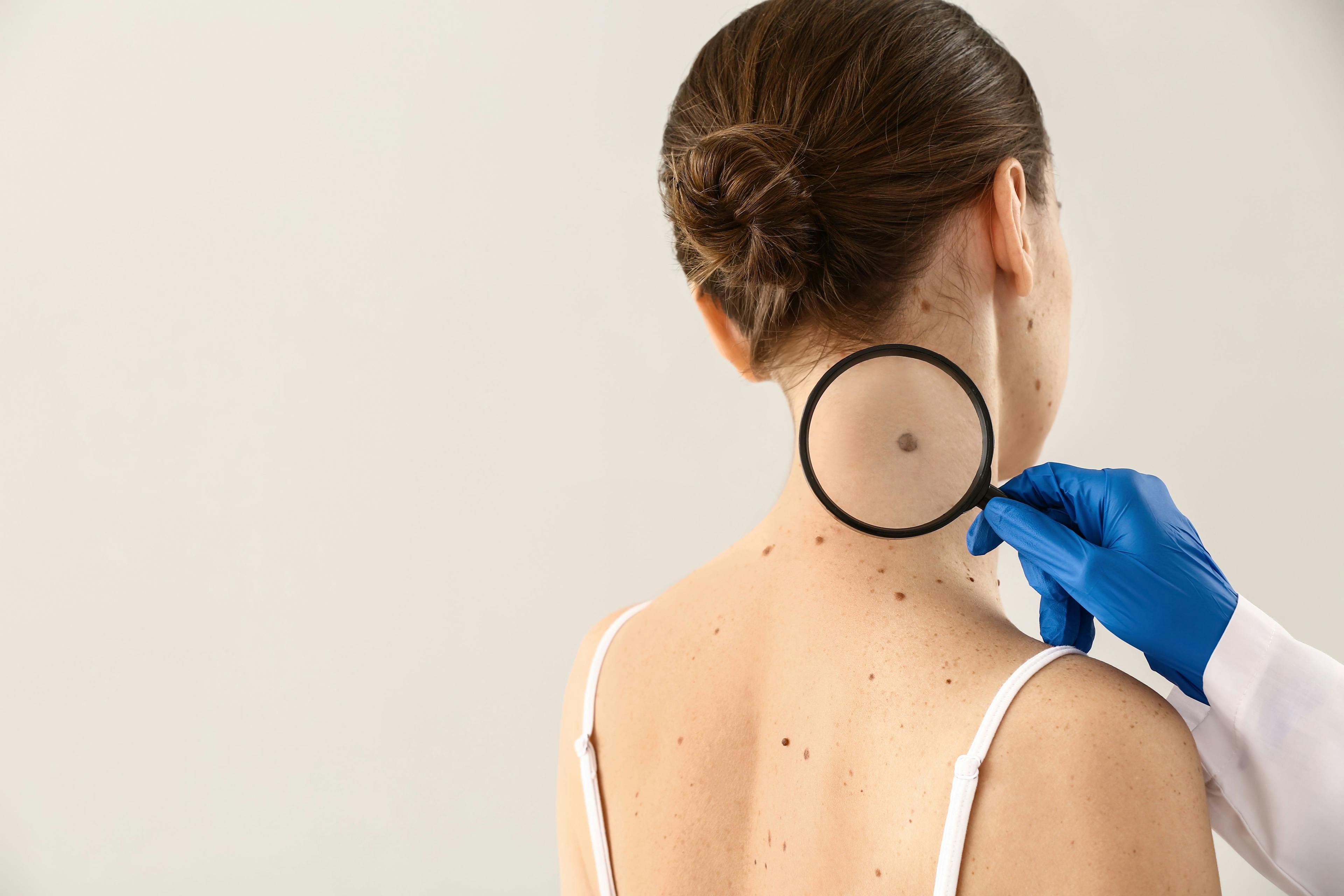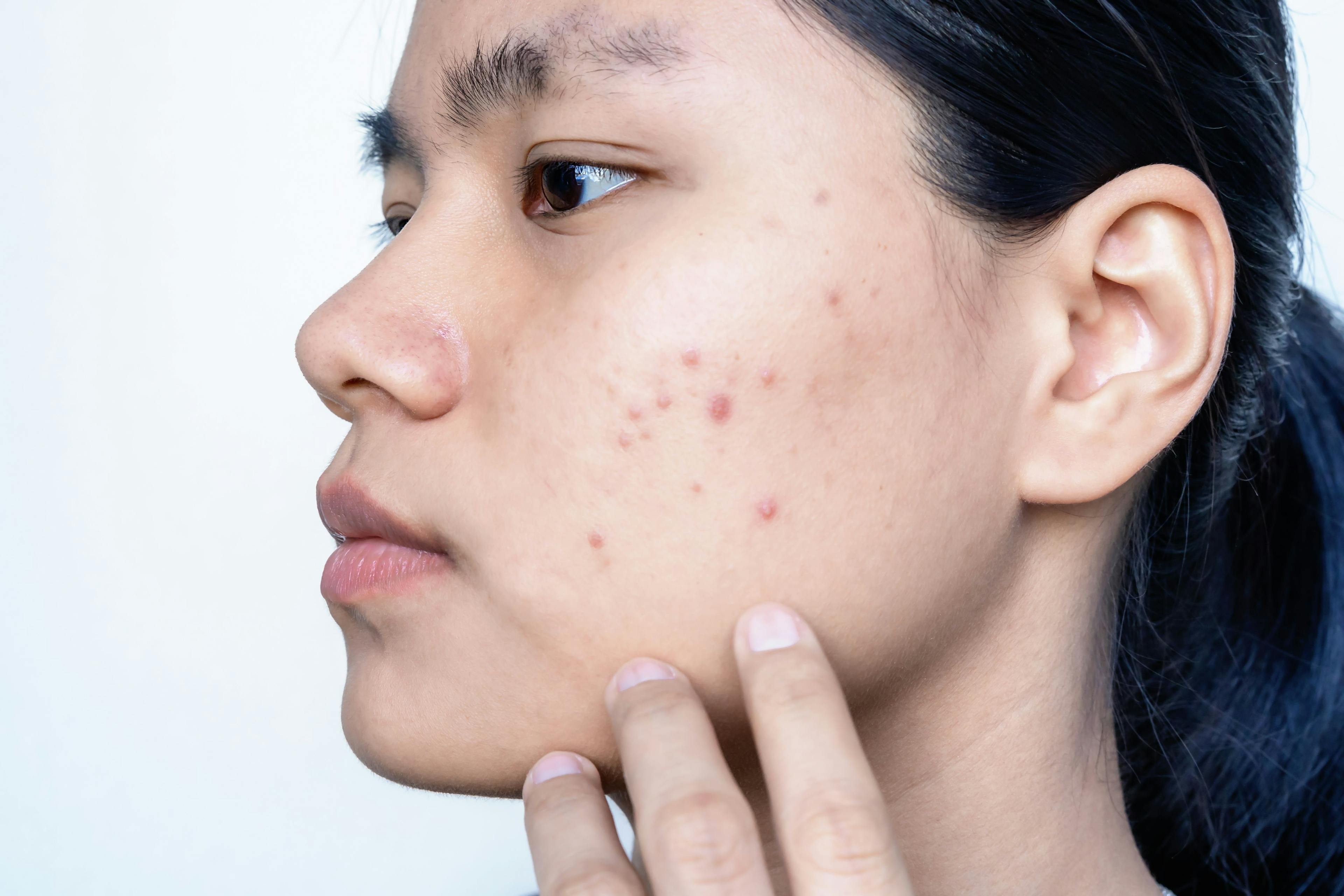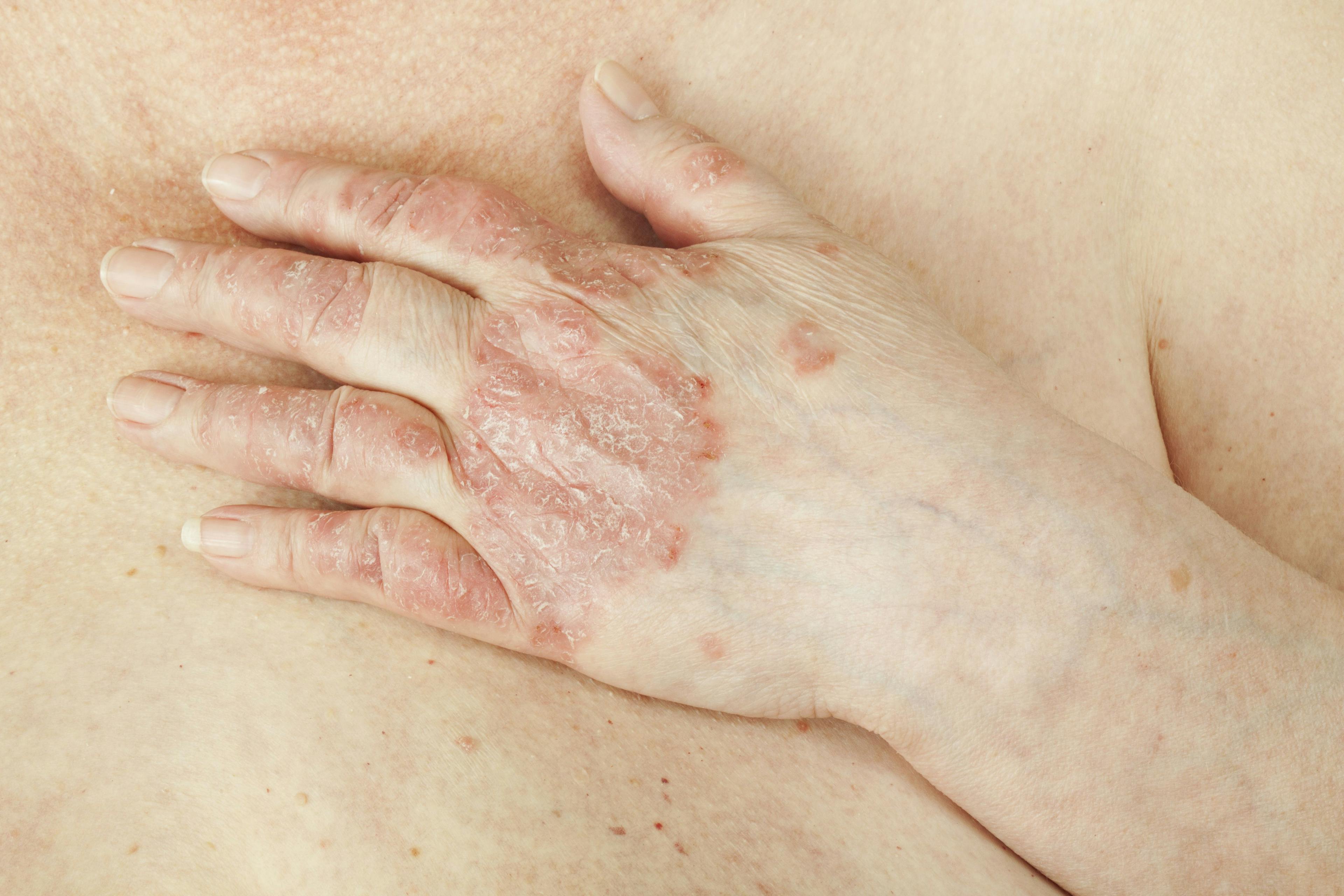- Acne
- Actinic Keratosis
- Aesthetics
- Alopecia
- Atopic Dermatitis
- Buy-and-Bill
- COVID-19
- Case-Based Roundtable
- Chronic Hand Eczema
- Chronic Spontaneous Urticaria
- Drug Watch
- Eczema
- General Dermatology
- Hidradenitis Suppurativa
- Melasma
- NP and PA
- Pediatric Dermatology
- Pigmentary Disorders
- Practice Management
- Precision Medicine and Biologics
- Prurigo Nodularis
- Psoriasis
- Psoriatic Arthritis
- Rare Disease
- Rosacea
- Skin Cancer
- Vitiligo
- Wound Care
Publication
Article
Dermatology Times
Socially Sensitive Discussions Needed on Skin Lighteners
Author(s):
Theodore Rosen, MD, highlights the need for communication with patients about the potential harm of using skin-whiteners.
Skin whiteners fetch billions of dollars a year, with one survey from the World Health Organization (WHO) reporting as many as 50% of women in the Philippines reporting their use, but it is important to counsel patients about the fact that these products are largely unregulated and could actually harm the skin.
Theodore Rosen, MD, a professor of dermatology at Baylor College of Medicine in Houston, Texas, discussed skin whiteners at the Florida Society of Dermatology Physician Assistants New Wave Dermatology Conference being held this week in Coral Gables, Florida.
Rosen noted that because skin whiteners are often sold over-the-counter in beauty shops, patients may not discuss use with their physicians because they don’t view them as potentially dangerous. It’s for this reason Rosen encourages a socially sensitive discussion with his patients about their use.
“Socially sensitive interventions are needed,” he said. “You can say, ‘I’d like to understand why you are doing this, and while you are telling me, I need to warn you that these things may be dangerous, they may not do what you want them to do, and in fact they may do the exact opposite, and could harm your liver or your kidneys.’”
Rosen noted that cultural views on lightening the skin are rooted in history. Skin lightening is an ancient tradition that persists today.
“In ancient times, to look fair meant you didn’t have to work outside, so efforts to lighten the skin became quite common,” he said, noting that ancient Egyptians used chalk dust to lighten the skin, and in ancient Japan, rice powder was used.
Colonial rule by lighter-skinned nations, like England, France, Germany, and Spain also perpetuated the belief that power can be connected with lighter skin. Adding to this historical pressure, Rosen pointed to a plethora of marketing campaigns, particularly in Asia where whitener use is very common, that connect lighter skin with beauty.
In the present day, “colorism” or “shadeism” remains common, with several studies suggesting differences in how people were educated, earned money, or even judged in courts, based solely on the shade of their skin. One published study in Psychological Science concluded: “the more stereotypically Black a defendant is perceived to be, the more likely the person is to be sentenced to death.”
All of this historical and marketing pressure has led to an industry that amounts to billions of dollars of various topicals, oral and IV agents that are used and variably effective. Rosen noted that some of these products, like retinoids and vitamin C, are not particularly well suited for this use, and others like hydroquinone or mercury, or glutathione are more effective in their use but can have serious and significant cutaneous and systemic adverse effects.
“For many products offered to whiten skin: it is difficult to determine nation of origin or complete contents, making risk assessment nearly impossible,” Rosen said, noting that when asked about these products from his patients, he typically responds “you’re beautiful as you are,” because offering any recommendations on use can be seen as an endorsement of their use, which he said, he doesn’t.
References:
- Rosen T. What you need to know about skin lightening. Presented at: New Wave Dermatology Conference. April 28-May 1, 2022. Coral Gables, Fl.
- Eberhardt JL, Davies PG, Purdie-Vaughns VJ, et al. Looking deathworthy: perceived stereotypcality of Black defendeants predicts capital-sentencing outcomes. Psychol Sci. 2006, 17:383-386

Newsletter
Like what you’re reading? Subscribe to Dermatology Times for weekly updates on therapies, innovations, and real-world practice tips.






























